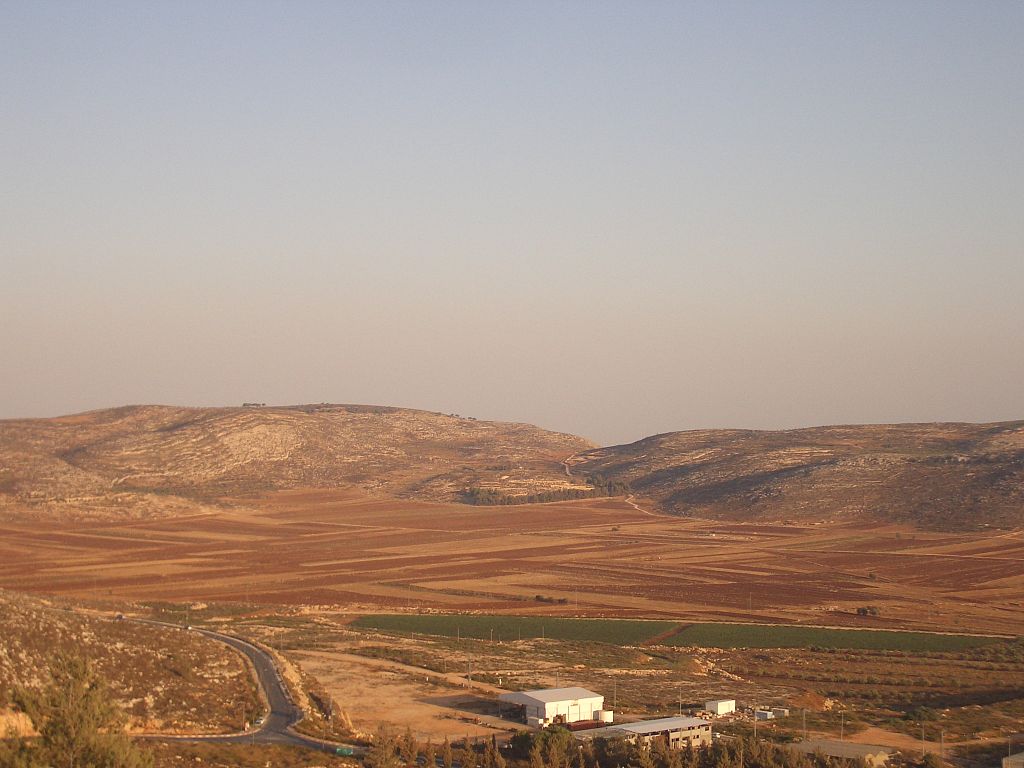The scepter shall not depart from Judah, Nor a lawgiver from between his feet,
Until Shiloh comes; And to Him shall be the obedience of the people.
Genesis 49:10
This curious title of Christ is taken from Jacob’s blessing of his sons shortly before his death. In affirming Judah, the patriarch promises that he’ll give rise to the kingly tribe and that position will continue until the coming of Shiloh, the peacegiver. Long before the coming of Christ, ancient rabbis acknowledged that this single reference to Shiloh was a messianic title.
The word, however, does appear repeatedly in the Old Testament, but in a very different context. Shiloh was the resting place of the tabernacle after the conquest of Canaan. Burnt offerings were given there and Days of Atonement observed. However, the supposed place of peace was given over to immorality and idolatry, so God cursed it (Jeremiah 26:6). The destruction of Shiloh was so complete, that its location was forgotten for about 2,500 years. It was rediscovered by archaeologists in the 19th century, but that Shiloh never brought peace.
Since Shiloh is an unusual title of Christ, Christians considered it an interesting name to give to their churches. The most famous of these was the Shiloh Methodist Meeting House of Pittsburgh Landing, Tennessee. For two days in April 1862, Union and Confederate troops fought around the grounds of the little log cabin church. 24,000 men were either killed or wounded in what was the most tragic battle fought in the Civil War up to that date. That Shiloh also brought no peace.
When the true Shiloh came to His own people the first time, He was rejected; His own wouldn’t receive Him. They cried out for the crucifixion of the Prince of Peace and refused to let Him rule over them. At that point, the scepter and the lawgiver departed from Judah. The Middle East has been without a peacegiver for two millennia. Israel, the church, and the world still wait.
Even so, come Lord Jesus. Come Shiloh, come.
December 24
